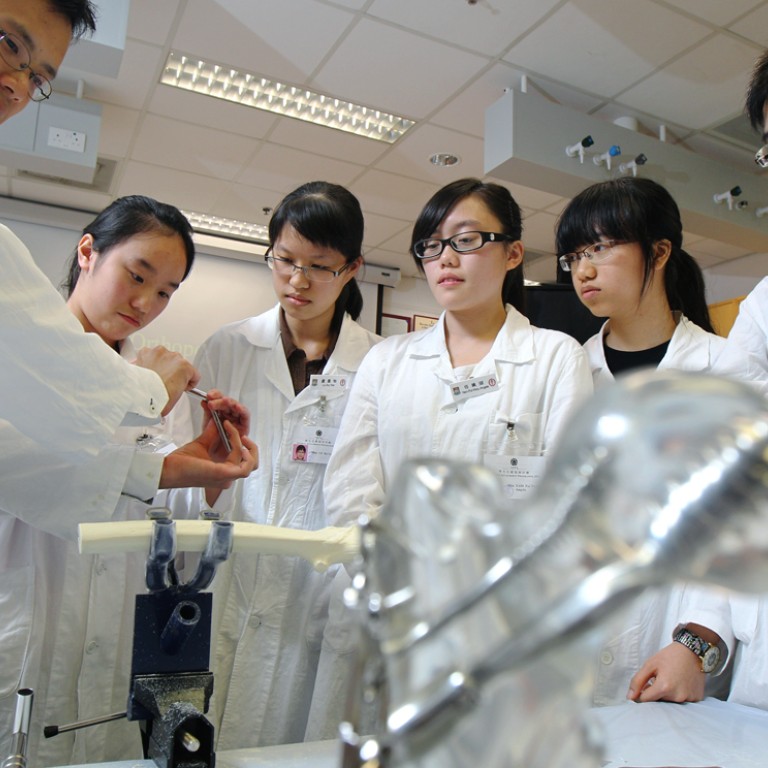
Chronic shortage of doctors in Hong Kong will not be resolved for years, report warns
University report warns that even with rising number of medical graduates in Hong Kong, city faces staffing shortage for years to come
The medical watchdog is under growing pressure to relax stringent licensing rules for overseas doctors after a government-commissioned study concluded that a chronic shortage of doctors "would not be resolved in the medium term", the has learned.
The study, carried out by University of Hong Kong researchers for the Food and Health Bureau, has not yet been released to the public. It is intended to assess demand for health professionals in the next 15 to 20 years so the government can draw up a strategy.
"Even with the increase in the number of medical graduates starting from 2015, there will still be a scarcity of doctors amid the increasing demand [for] medical services," an official with access to the report cited it as saying.
Public hospitals have struggled for years to fill vacancies as doctors are lured to lucrative jobs in the private sector.
The Hospital Authority has about 250 vacancies for doctors and an annual staff turnover of more than 5 per cent. But the Medical Association, the doctors' union, has long opposed lowering licensing requirements for overseas doctors.
Ninety per cent of patients use public hospitals, but they employ just 40 per cent of doctors.
Efforts to meet the shortfall have included adding places on medical courses at the two universities that train doctors, the University of Hong Kong and Chinese University. Some 320 graduates will join the workforce next year, rising to 420 by 2018.
But the authority believes it will need 18,000 extra beds and 6,200 more doctors by 2041, when the government expects the city's population to have grown to 8.5 million.
The findings come as the Medical Council considers easing licensing requirements for foreign doctors who want to work in the city, an idea that has sparked conflict with the Medical Association.
Council chairman Professor Joseph Lau Wan-yee told the that the council last month passed a resolution to exempt overseas doctors with specialist qualifications in fields including paediatrics and obstetrics from a clinical examination that forms part of the licensing exam.
It is also considering exempting experienced foreign doctors from a mandatory 12-month internship at local hospitals.
"We are now seeking legal advice on this matter since it may require legislative amendments," Lau said of the internship rule.
Foreign doctors would still take a multiple choice test on their professional knowledge and an English language exam before being licensed.
The Medical Association proposed reducing the internship to six months - provided the doctor agreed to work for three years in a public hospital. However, the council's legal advisers have cast doubt on that idea. Lau said the council had agreed to put the issue on hold for four months to seek further legal advice.
Patients' Rights Association spokesman Tim Pang Hung-cheong said he welcomed the idea of more overseas doctors. But medical sector lawmaker Dr Leung Ka-lau argued importing doctors would not solve the imbalance in manpower between the public and private sectors.
About 100 overseas doctors sit the council's licensing examination every six months, of whom about half pass.
The Hospital Authority offers a one-year "limited registration" for overseas doctors on short-term contracts, who are exempted from the full licensing exam. But since the contract lasts only a year, it has proved unattractive, with just six doctors signing up by November last year.

